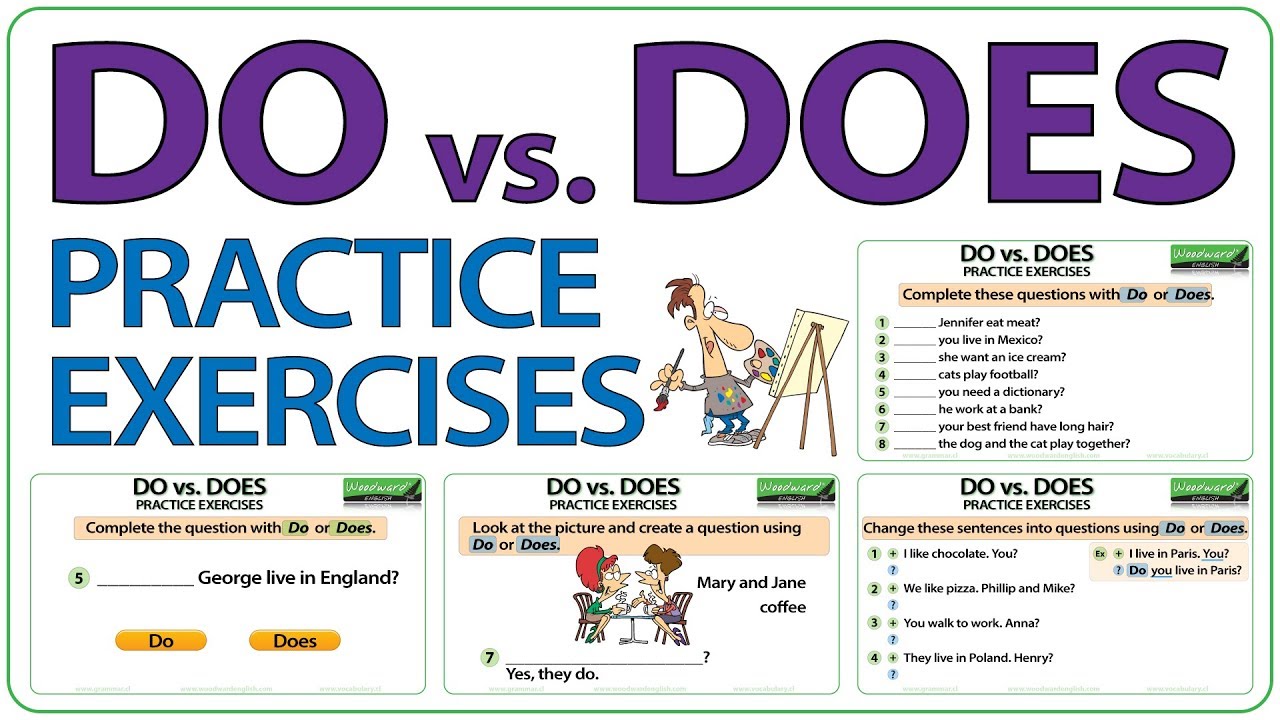Professional Ways to Communicate a Death in the Family and Meaningful Words for Families Facing Loss
Introduction
Communicating the death of a loved one is a profoundly sensitive task, whether in a professional or personal setting. Finding the right words and approach is crucial for maintaining professionalism, offering genuine support, and respecting the emotional needs of all involved. This guide details best practices for informing others of a death in the family at work, provides actionable examples, and shares meaningful quotes for families when someone is dying. Comprehensive guidance is offered for both workplace and personal situations, including step-by-step instructions and alternative approaches.
How to Communicate a Death in the Family Professionally
When you need to inform your employer, manager, or colleagues about a death in your family, the message should be clear, respectful, and concise. Professional communication helps ensure understanding and facilitates necessary accommodations, such as bereavement leave.
Step-by-Step Guidance for Workplace Notification
- Choose the Appropriate Channel: Email is the most common and accepted medium for professional notifications of this nature. If company policy allows, a direct conversation (in person or via phone) with your manager is also appropriate.
- State the Situation Clearly: Begin by expressing that a family member has passed away; specify the relation if you are comfortable.
- Request Leave or Adjustments as Needed: Clearly state your need for time off, including known dates or an estimated timeframe.
- Offer Work Transition Suggestions: If possible, mention how you plan to hand over tasks or ensure workflow continuity.
- Express Gratitude: Thank your manager or team for their understanding and support.
Here are two actionable, real-world examples you can adapt for workplace use:
Example 1 (Return Date Known): “Subject: Family Bereavement Leave Until [Date] Dear [Manager’s Name], I am writing this email to inform you that my [Relationship] has passed away, and I need to be with my family to attend to matters and process the loss. I will be on leave starting from [Date] until [Date] and will do my best to do a quick knowledge transfer to a team member so our operations are not affected. I will also be available on [Phone Number] for any work emergencies. Thank you for your understanding and support during this difficult time. Sincerely, [Your Name]”
Example 2 (Return Date Unknown): “Subject: Bereavement Email Dear [Manager’s Name], It is with great sorrow that I inform you about the passing of my [Relationship]. I would like to take the next couple of weeks off to deal with the loss and attend to family matters. I will let you know about my return date as soon as possible, and I am available on [Phone Number] for urgent matters. Thank you for your understanding. Sincerely, [Your Name]”
For further examples and templates, refer to trusted career resources such as Routine.co [1] .
Professional Sympathy Messages for Colleagues
When you learn that a coworker has lost a loved one, offering your condolences in a professional yet heartfelt manner can provide comfort. Appropriate messages include:
- “Our condolences for the loss of your [mother/father/partner]. With deepest sympathy from your coworkers at [company name].”
- “We are wishing you and your family courage and peace during this time of mourning.”
- “Please know we are thinking of you during this painful time. As your work family, we are here for you.”
- “We wish you strength during this difficult time. Our thoughts are with you and your family.”
For more message templates and group messages, see Indeed.com [3] and Spoonful of Comfort [2] .

Source: globalsymbols.com
What to Say to Family When Someone Is Dying: Comforting Quotes and Support
When a loved one is dying, words can be both hard to find and deeply meaningful. The right message offers comfort, acknowledges the gravity of the situation, and provides support to grieving family members. Here are several approaches and examples for expressing your compassion:
Empathetic Quotes and Messages
- “May you find peace and comfort in the love that surrounds you during this difficult journey.”
- “Thinking of you and your family as you cherish your loved one’s final days together.”
- “Wishing you moments of peace and gentle remembrance.”
- “May the love and support of those around you bring strength in the days ahead.”
- “There are no words for such a loss, but please know my thoughts are with you.”
You may also draw from classic or spiritual quotes, depending on the family’s beliefs and wishes. Always ensure your words are sensitive to the individual’s preferences and situation.
Practical Guidance for Offering Support
Beyond words, support can be shown through actions and ongoing presence. You might:
- Offer to help with daily tasks, meals, or child care.
- Provide a listening ear or simply sit in silence as a sign of solidarity.
- Send a handwritten note, card, or small gesture (like flowers or a meal) to show ongoing care.
Many organizations, such as local hospices or grief support groups, offer resources for families. To locate relevant support, you can:
- Contact your local hospice or hospital’s social work department for emotional and practical guidance.
- Search online for “grief support groups” in your area.
- Reach out to your place of worship or community center for spiritual or community-based resources.
If you are seeking further reading or support, consider resources provided by national organizations. For example, the American Cancer Society’s guide to supporting families near end-of-life offers actionable suggestions and is regularly updated .
Alternative Approaches and Special Considerations
Every family and workplace is unique. Some may prefer formal messages; others appreciate a more personal touch. Here are some alternative approaches to consider:
- Personal Messages: If you have a close relationship, sharing a personal memory or expressing heartfelt sorrow can be appropriate.
- Group Messages: When responding as a team or department, a collective card or email can express shared support while maintaining professionalism.
- Short, Simple Messages: For acquaintances or distant colleagues, a brief message such as “Please accept my condolences on your loss” is both respectful and sufficient [4] .
- Follow-Up: Consider checking in periodically with the bereaved after the initial loss, as ongoing support is often appreciated.
Potential Challenges and Solutions
Challenge: Not knowing what to say or fearing you might cause further pain. Solution: Keep your message simple and sincere. Avoid clichés or minimizing the loss. Offer specific help if possible, or simply let the person know you are available to support them when they are ready.
Challenge: Navigating cultural or religious differences. Solution: If unsure, opt for neutral language and inquire about any preferred customs or support structures.

Source: englishgrammarhere.com
Summary and Key Takeaways
Communicating a death in the family professionally involves clear, respectful notification and thoughtful follow-up. Use established templates and adjust for your relationship and company culture. When comforting families facing loss, prioritize empathy, sincerity, and ongoing support. Utilize the guidance above to find words and actions that honor both the individual and the situation. For additional resources, contact your employer’s HR department or search for local and national grief support organizations.
References
- [1] Routine.co (2024). Sample emails for informing your manager about a death in the family.
- [2] Spoonful of Comfort (2023). Sympathy message examples in the workplace.
- [3] Indeed.com (2025). 50 condolence messages to send a coworker.
- [4] Litespace.io (2024). Short condolence message professional templates for coworkers.
- [5] Pumble (2023). How to respond to ‘Sorry for your loss’ at work.
- American Cancer Society (2024). When death is near: End-of-life care resources.
MORE FROM couponito.com













